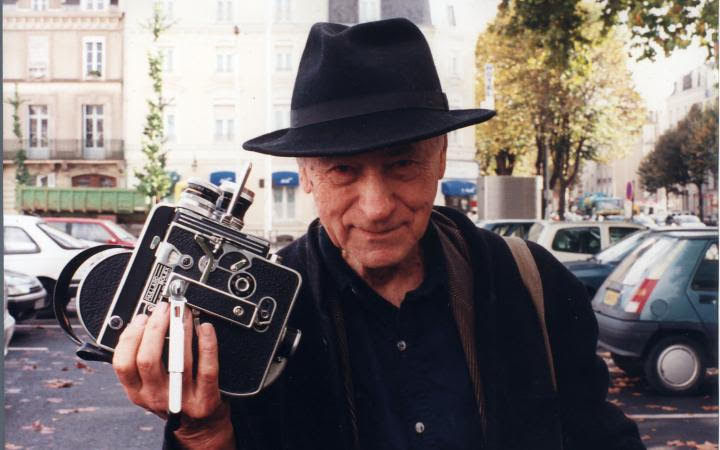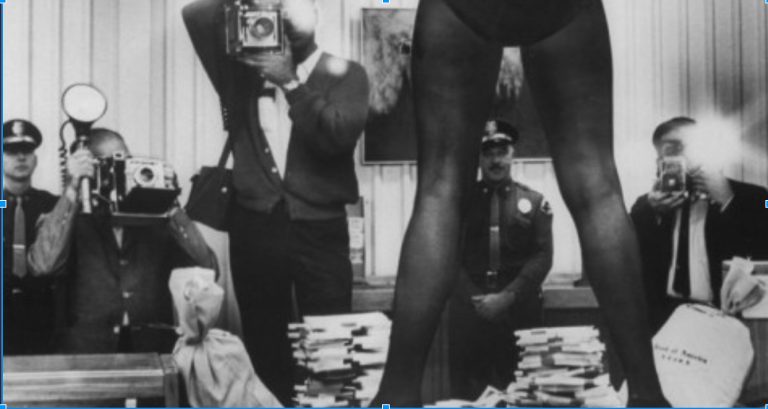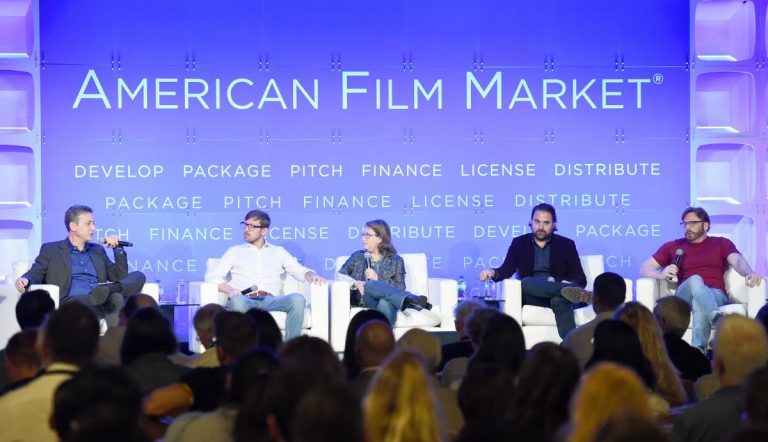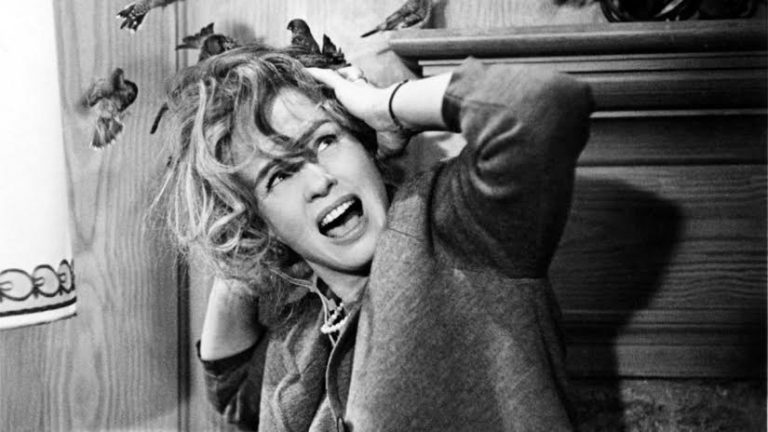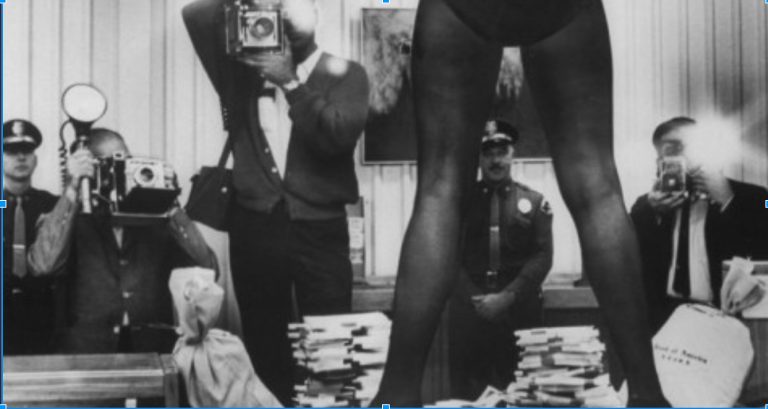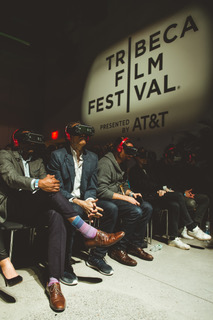A Tribute to Jonas Mekas (1922-2019)
Immigrant artisan, insatiable curator, preservationist, fearless exhibitor who got the world to understand that raw and unruly “underground” cinema could be classic independent moviemaking —Jonas Mekas did it all, passing away January 23 at age 96. Senior film critic Kurt Brokaw salutes the life and work of the pioneer who built Anthology Film Archives in lower Manhattan, proudly calling himself a filmer and not a filmmaker.

